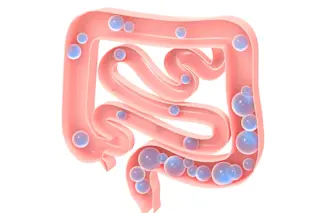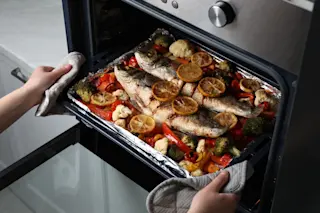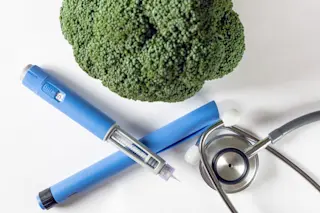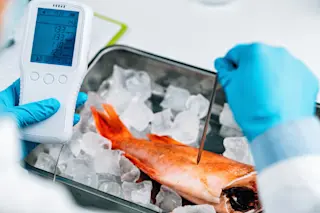Airplane food is notoriously bad. But airlines, in financial free fall over the last decade, have been trying to bring back the luxe food of early flight in business class and first class, to lure in more high-end travelers. Biology is working against them, though. As Jad Mouawad reports
for the NYTimes, part of why plane food lacks subtlety is that we can't actually taste as well when we're at altitude:
Even before a plane takes off, the atmosphere inside the cabin dries out the nose. As the plane ascends, the change in air pressure numbs about a third of the taste buds. And as the plane reaches a cruising altitude of 35,000 feet, cabin humidity levels are kept low by design, to reduce the risk of fuselage corrosion. Soon, the nose no longer knows. Taste buds are M.I.A. Cotton mouth sets in. All of which helps explain why, for ...













